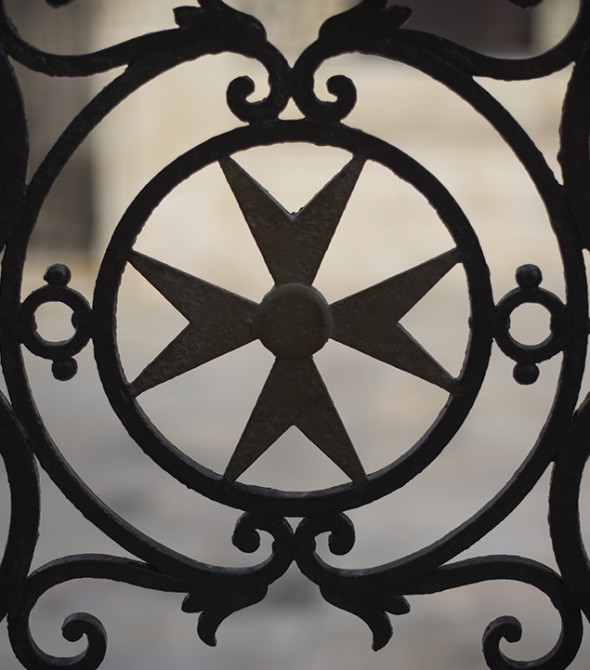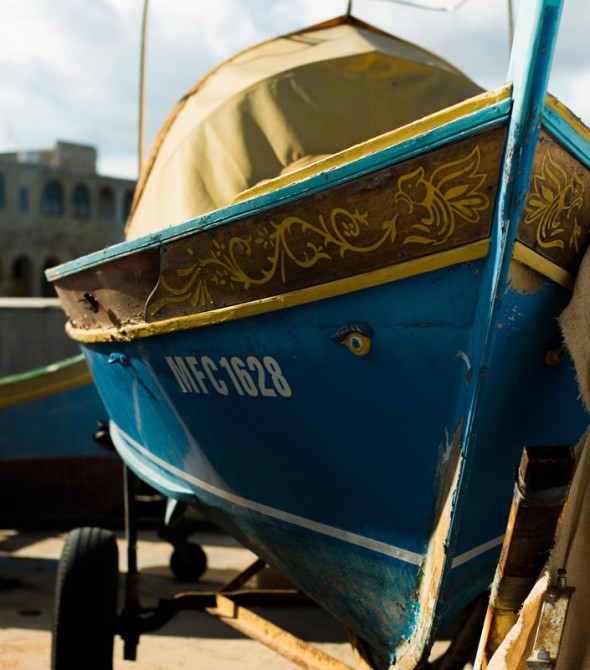You can tour the entire 316 km² of the Maltese islands ten times over and you still would not manage to pin its culture down to one broad definition. The country is very much like a multi-faceted stone: it reflects different shades of colour depending on how or when you look at it so that it never ceases to surprise, even in its centuries-long traditions. But it’s more than that. Malta and its sister island Gozo “rejuvenate as time passes”. Through numerous events created to celebrate its rich history and identity throughout the year, the islands show just how much its culture is still alive in its younger generations. In their own small, personal way, the Maltese kindle the nation’s pride and it is this which makes a culture thrive, year on year.
Upcoming History
Although the love for what is made in Malta has always been strong, recent years have seen an even greater push towards this ideal. Valletta stands upon the brink of being European Capital of Culture in 2018, leading to an unprecedented number of events aimed at celebrating Maltese art and culture within its bastions. Every week, the city springs to life with a concentration of events tucked in warm wine bars where anything from food to art to wine is discussed. People spill out from the Manoel theatre, the third oldest working theatre in Europe, for a quick espresso or a glass of local, chilled white to wait out the theatre intermission and discuss the production they have been viewing. Indeed, production and venue numbers have soared with new, modern theatres popping up not just in the capital but all over the island. The Upper and Lower Barakka Gardens are hosts to poetry readings, wine tasting, art exhibitions, and talks about subjects both worldly and spiritual while local movie productions are often viewed at the St James Cavalier, a 16th century fort converted into an art house and cinema. Valletta has truly become a hub for the celebration of Maltese culture and art, and what is perhaps most satisfying of the whole endeavour is how the Maltese public is drawn to these events like bees to honey.
Feasts and Festivals for All
Valletta is simply the tip of an iceberg. Every season presents guests with festivals which offer spectacles to delight all their senses. Spring sees Carnival festivities with people dressing up for private parties or to see floats traditionally held in Valletta or Floriana. Gozo sees a rather wilder version in its streets, with people boarding up windows in case celebrations get a little out of hand. Carnival has always been meant to be the last bit of revelry before the sombre weeks leading up to Easter Sunday.

Today this period is still very important on the religious calendars of many. During the Good Friday week processions take place on the Maltese streets while people bearing heavy statues commemorating Christ’s tribulations before the cross. People stand on their balconies wearing solemn expressions as men in penitence follow the procession, wearing cloaks to hide their faces as they drag heavy chains or a cross. Intimidated children look away, burying their faces in their parents’ legs. Easter Sunday is a day of celebration all over the islands. Bells peal all day long while in some towns and villages the statue of the Resurrected Christ is carried through the streets amid claps and shouts of children and adults alike. The turnout for these events is extremely high, both for their religious symbolism and cultural appeal.
Days of Summer
There’s something for everyone happening daily during the summer months. The Malta Arts Festival and the Jazz Festival offer both local and foreign performances, its music delighting fans as they sip on local beers. For the more traditional, the National Folk Singing festival celebrates “l-ghana”, a type of traditional singing accompanied by guitars and generally sung by men. The Mnarja held in June is a harvest and folk festival where people get to taste Maltese delicacies, accompanied by local music. The spring and summer months are also home to the 80 or so feasts happening all over the islands. Dedicated to the village patron saint, these feasts are usually characterised by band marches, large Catherine Wheels and spectacular fireworks. The competition fuelling rival bands ensure that the fireworks get better every year as pyrotechnic companies try their best not to be out-performed by others in the area. The sounds of these colourful explosions are as much part of the Maltese life as the bread we eat, sounds synonymous with summer and long lazy days.
Gastronomy
The way to the heart
The Maltese recipe book is the second Bible; the people of Malta love their food, with many planning days revolving around meal times. Some specialities include traditional rabbit stew, pastizzi (deep-fried pastry filed with ricotta or a peas-mash), fish, and bebbux (escargot). The clement weather permits an abundance of fruit such as watermelon, plums, and prickly pears and vegetables to be grown locally. The greengrocer goes around streets in his van, honking his horn to announce his arrival. People flock out of their homes to inspect the freshest produce on the market and haggle for the best price. Bread is ALWAYS present on the Maltese table: a hard, golden crust with a soft interior. Its crunchy freshness dilapidates too soon but many remark it is the best bread in the world when eaten fresh out of the oven. A typical Maltese platter will also include the staple olive oil, salt and pepper, sun-dried tomatoes, cheeselets, and bigilla, a paste made from beans seasoned with olive oil, salt, and red pepper. The Maltese can feast on these simple pleasures like kings and queens, while a sip of a local red would be the final touch to an otherwise satisfying meal. The artisan is also given prominence: the basket-makers in Hamrun, the hand-blown glass, and the Maltese clock-makers feature in regular artisan markets to promote the local product.
Malta is not a hotchpotch of cultures. On the contrary, the Maltese have always strived hard to preserve their traditions from any detrimental influences. Maltese culture is unique in its blending of own and foreign traditions, forming an identity which holds on its own. Until the old keep finding the young to pass knowledge on and till the young still seek to celebrate a nation’s identity, this culture will endure the test of time, amid the jazz music, church bells, and the smell of freshly baked bread, bought piping hot straight out of the oven.



Hi, this is a comment.
To delete a comment, just log in and view the post's comments. There you will have the option to edit or delete them.